
Parallel Lives(2021)
Five people born on June 8, 1964 – Five lives, five countries, five decades.
Born June 8, 1964, Frank Matter films four "twins", born the same day as him, but in other latitudes. Interweaving their life stories with rich archival material, the filmmaker links these Parallel Lives with elements from his own biography, to compose a fascinating fresco where intimate trajectories are part of the advent of the global village.

Movie: Parallel Lives
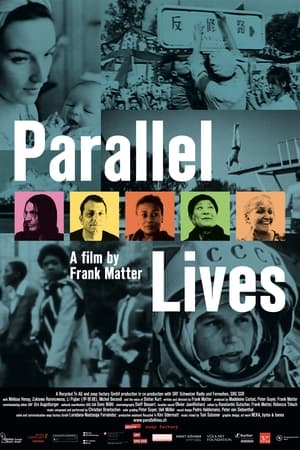
Parallel Lives
HomePage
Overview
Born June 8, 1964, Frank Matter films four "twins", born the same day as him, but in other latitudes. Interweaving their life stories with rich archival material, the filmmaker links these Parallel Lives with elements from his own biography, to compose a fascinating fresco where intimate trajectories are part of the advent of the global village.
Release Date
2021-04-21
Average
0
Rating:
0.0 startsTagline
Five people born on June 8, 1964 – Five lives, five countries, five decades.
Genres
Languages:
普通话DeutschEnglishKeywords
Similar Movies
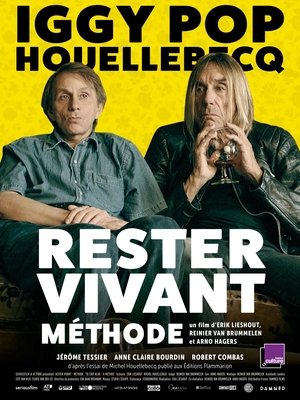 5.4
5.4To Stay Alive: A Method(en)
Iggy Pop reads and recites Michel Houellebecq’s manifesto. The documentary features real people from Houellebecq’s life with the text based on their life stories.
What Is to Be Done? A Journey from Prague to Ceský Krumlov, or How I Formed a New Government(cs)
Quite a few years have passed since November 1989. Czechoslovakia has been divided up and, in the Czech Republic, Václav Klaus’s right-wing government is in power. Karel Vachek follows on from his film New Hyperion, thus continuing his series of comprehensive film documentaries in which he maps out Czech society and its real and imagined elites in his own unique way.
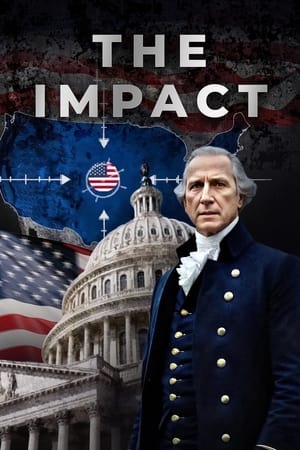 9.0
9.0THE IMPACT | Groundbreaking Documentary(en)
Discover the unsettling truths behind the world's most pivotal events in "The IMPACT." This powerful documentary dives deep into the shadows of global politics and societal control, linking past and present events like never before. From the chilling orchestration behind the 9/11 attacks to the hidden forces in the Ukraine-Russia conflict, "The IMPACT" uncovers the sinister threads woven through decades of deception. Featuring shocking revelations and thought-provoking insights, this film is a must-see for anyone ready to see the world as it truly is, beyond the facade of mainstream narratives. Prepare to have your perspective forever changed.
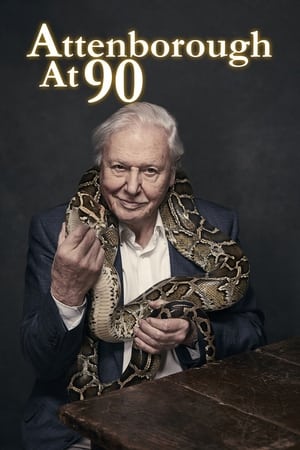 8.0
8.0Attenborough at 90(en)
In celebration of his ninetieth birthday, Sir David Attenborough shares extraordinary highlights of his life and career with broadcaster Kirsty Young, including the inspiring people he has met, the extraordinary journeys he has made and the remarkable animal encounters he has had across the globe. Joined by colleagues and friends, including Michael Palin and Chris Packham, Sir David shares some of the unforgettable moments from his unparalleled career, from capturing unique animal behaviour for the first time to the fast-paced advances in wildlife filming technology, as well as stories of the wonder and fragility of the natural world - stories that Sir David has spent his life exploring and championing.
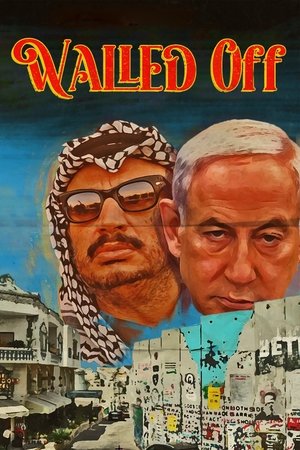 0.0
0.0Walled Off(en)
A secret museum in an art hotel sparks intrigue when it's revealed to be a creation of controversial artist, Banksy. Using art as a form of political resistance, the hotel highlights the reality of life under Israeli military occupation. The film journeys through the hotel, Palestine, and a relevant past to dismantle the mainstream media's bias towards the Palestinian struggle for freedom and equality.
 6.4
6.4Yusuf Hawkins: Storm Over Brooklyn(en)
The 30-year legacy of the murder of black teenager Yusuf Hawkins by a group of young white men in Bensonhurst, Brooklyn, as his family and friends reflect on the tragedy and the subsequent fight for justice that inspired and divided New York City.
 0.0
0.0Funny, You Don't Look 200: A Constitutional Vaudeville(en)
An all-star cast lead by Richard Dreyfus perform sketches celebrating the bicentennial of the U.S. Constitution, including new animation done by Disney.
 8.0
8.0Agent of Happiness(dz)
The documentary team follows two happiness agents in their forties who spend a month and a half on the road twice a year, going door-to-door with their questionnaires in isolated villages in the Himalayas. The filmmakers undertake to provide an intimate insight into the daily lives and desires of Bhutanese people, and also seek the answer to the universal question of whether happiness can really be measured. Gross National Happiness promises a heart-warming journey into a mysterious, fairytale-like world, which is the exact opposite of the social order dominated by consumption and desires.
Bohemia Docta or the Labyrinth of the World and the Lust-House of the Heart (A Divine Comedy)(cs)
A labyrinthine portrait of Czech culture on the brink of a new millennium. Egon Bondy prophesies a capitalist inferno, Jim Čert admits to collaborating with the secret police, Jaroslav Foglar can’t find a bottle-opener, and Ivan Diviš makes observations about his own funeral. This is the Czech Republic in the late 90s, as detailed in Karel Vachek’s documentary.
Walking With Singapore: Road to 2011(en)
This first part focuses on the party's road to the watershed 2011 General Election, where for the first time ever in Singapore's history, Low led an opposition party of five (including single-term Non-Constituency MP Sylvia Lim and now-recognisable WP MPs Pritam Singh, Chen Show Mao and Muhd Faisal Manap) to win a group representation constituency — Aljunied GRC. It also dwells on Low's beginnings and career as a teacher, as well as what brought him into politics.
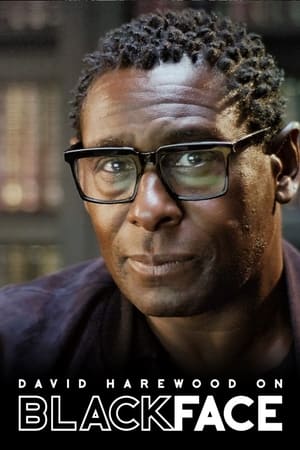 0.0
0.0David Harewood on Blackface(en)
At its peak, The Black and White Minstrel Show was watched by a Saturday night audience of more than 20 million people. David Harewood goes on a mission to understand the roots of this strange, intensely problematic cultural form: where did the show come from, and what made it popular for so long? With the help of historians, actors and musicians, David uncovers how, at its core, blackface minstrelsy was simply an attempt to make racism into an art form - and can be traced back to a name and a date.
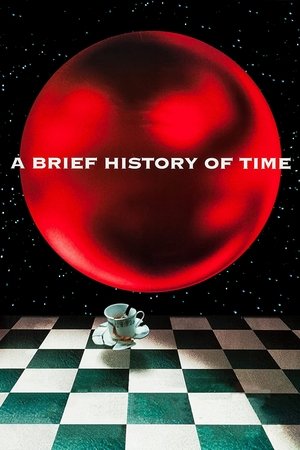 7.2
7.2A Brief History of Time(en)
This shows physicist Stephen Hawking's life as he deals with the ALS that renders him immobile and unable to speak without the use of a computer. Hawking's friends, family, classmates, and peers are interviewed not only about his theories but the man himself.
 4.9
4.9Visions of Europe(en)
Twenty-five films from twenty-five European countries by twenty-five European directors.
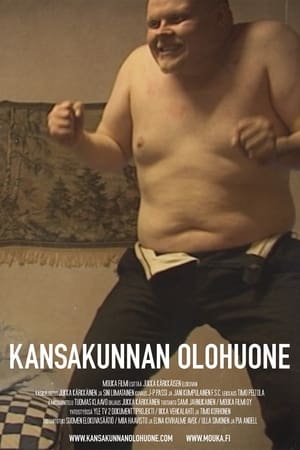 6.6
6.6The Living Room of the Nation(fi)
The Living Room of the Nation is a documentary film that portrays a number of Finnish living rooms. The film is a story of changes, the inevitable passing of time, and the human desire to be needed, visible.
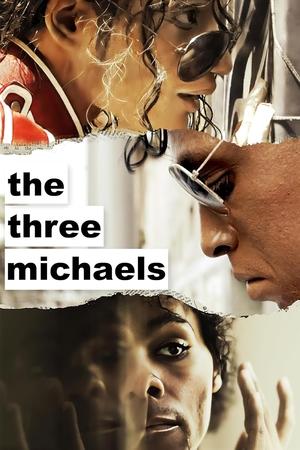 5.5
5.5The Three Michaels(en)
Desperate to become as rich and successful as their idol, a trio of Michael Jackson impersonators hustle their way into Hollywood agencies, are accosted by paparazzi, and cross paths with Grammy-winning musicians as the American dream seems tantalisingly close. But as they perform for dollar bills and sleep in their car, the reality of the ruthless entertainment industry they dream about hits home.
 7.8
7.8Who We Are: A Chronicle of Racism in America(en)
Jeffery Robinson's talk on the history of U.S. anti-Black racism, with archival footage and interviews.
 6.0
6.0Killing the Indian in the Child(fr)
The Indian Act, passed in Canada in 1876, made members of Aboriginal peoples second-class citizens, separated from the white population: nomadic for centuries, they were moved to reservations to control their behavior and resources; and thousands of their youngest members were separated from their families to be Christianized: a cultural genocide that still resonates in Canadian society today.
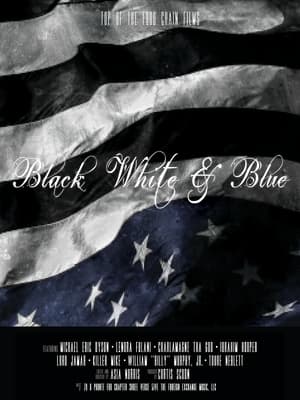 0.0
0.0Black, White & Blue(en)
Black White & Blue covers race issues in America, police brutality, the Black Lives Matter movement, the Flint Water Crisis, and the 2016 election of President Donald Trump. The film features one-on-one interviews with notable African-Americans: Michigan Senator Coleman Young II, Baltimore attorney William "Billy" Murphy Jr., rapper Killer Mike, former NYPD Officer Michael Dowd and others.
 7.1
7.1There's Something in the Water(en)
Elliot Page brings attention to the injustices and injuries caused by environmental racism in his home province, in this urgent documentary on Indigenous and African Nova Scotian women fighting to protect their communities, their land, and their futures.